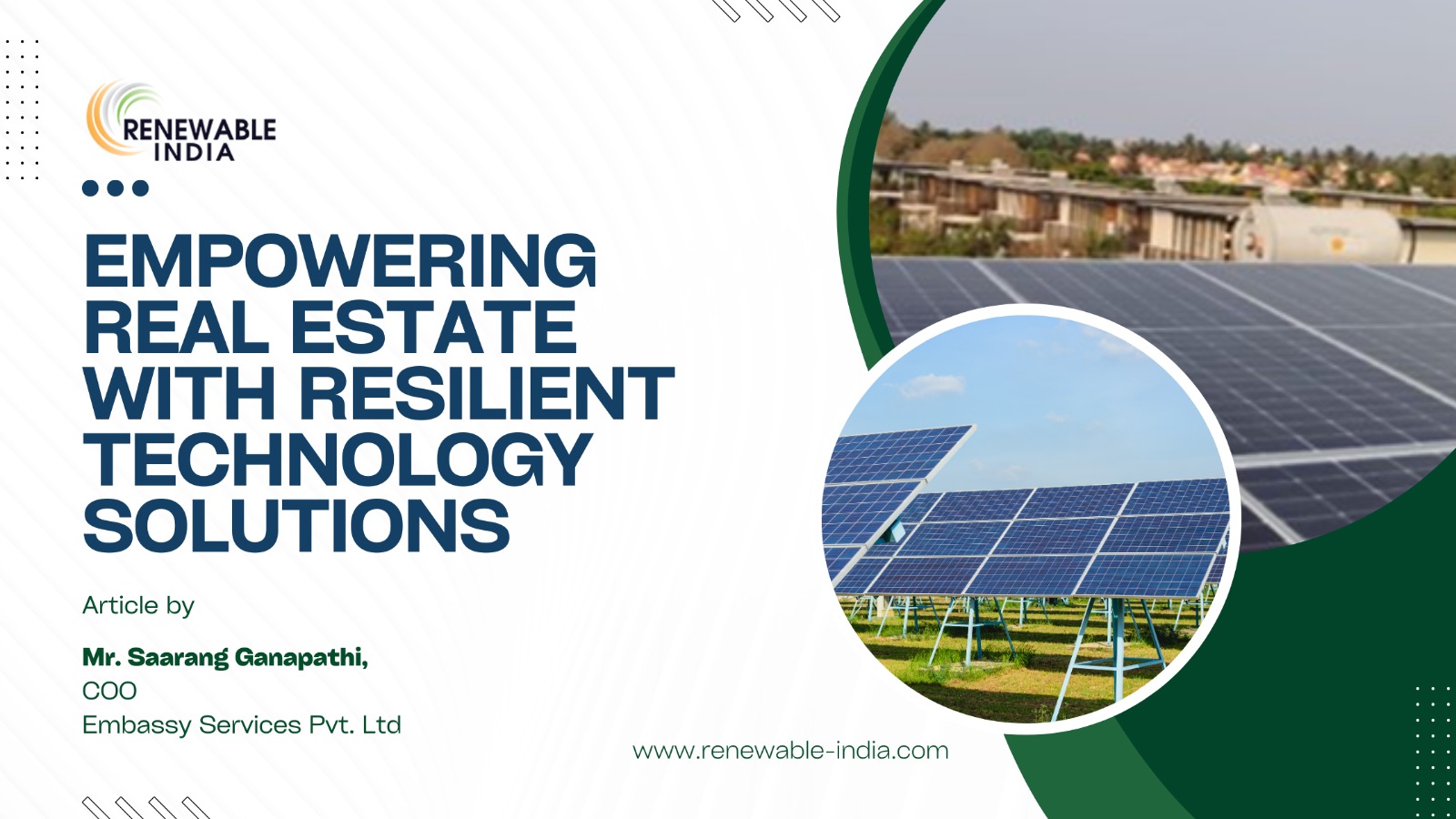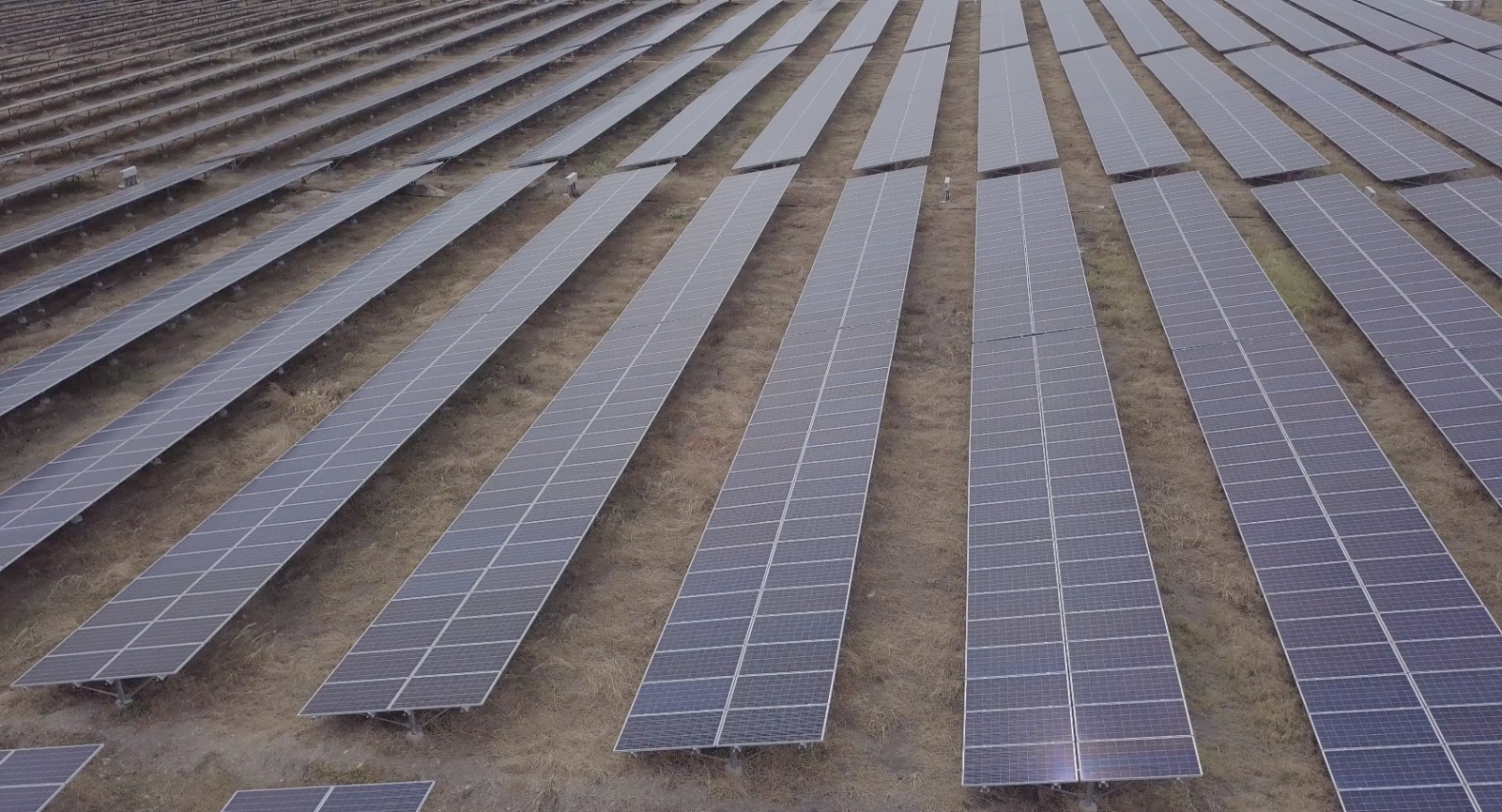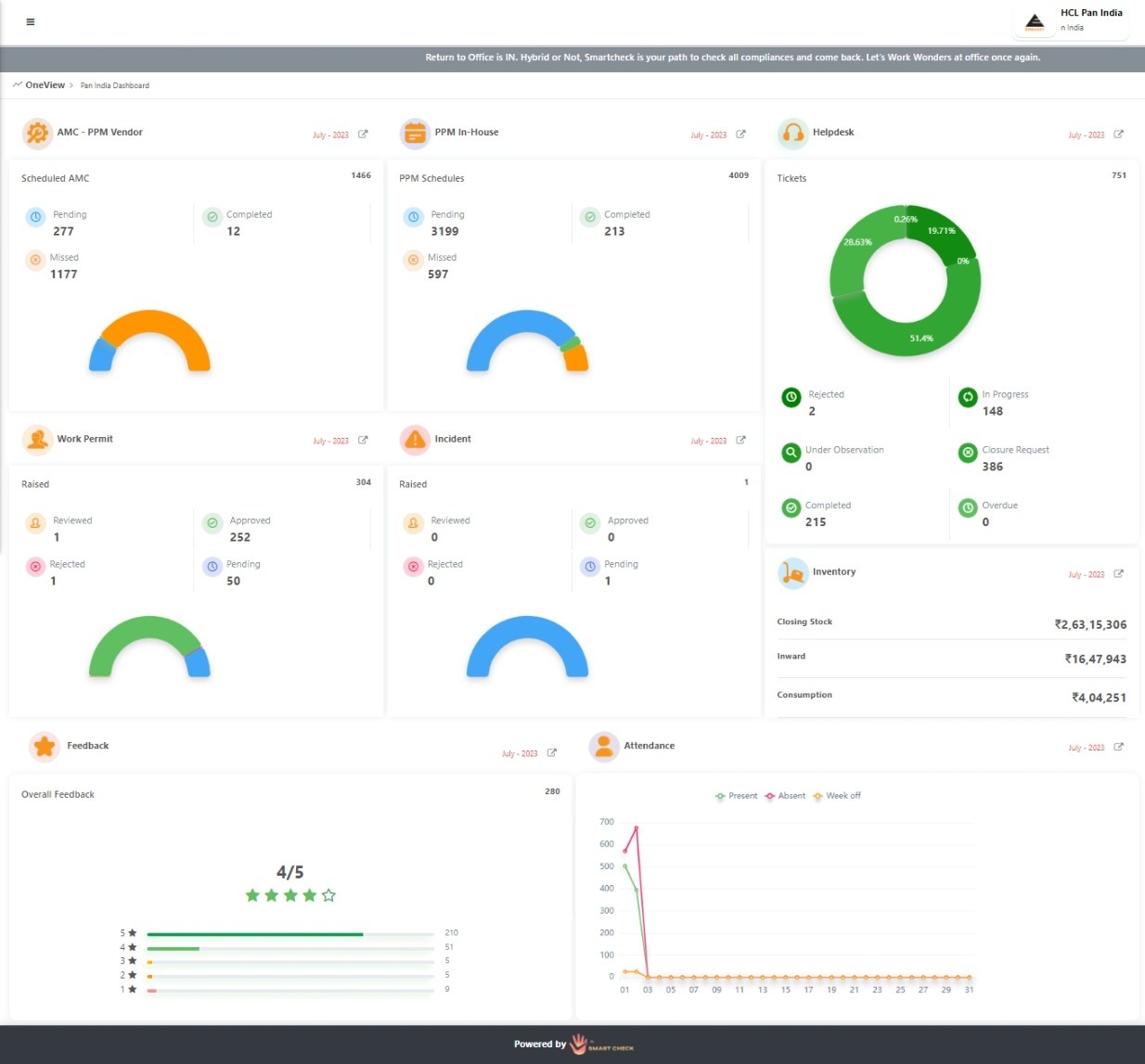
Leveraging renewable energy technologies, smart building systems, and comprehensive ESG (Environmental, Social, and Governance) management, real estate businesses can not only enhance their operational efficiency but also increase their reputation as environmentally responsible entities.
Solar panels are a highly effective renewable energy solution. They can be installed on rooftops, walls, or as ground-mounted systems to harness the sun’s energy for electricity. This reduces reliance on fossil fuels and offers significant cost savings. Properties with solar panels benefit from lower energy bills and potential income from selling excess electricity back to the grid. Additionally, such properties often see increased value as buyers prioritize sustainability.
Wind turbines provide a robust solution for generating renewable energy. Suitable for individual properties or entire communities, they convert wind energy into electricity. They offer a reliable and consistent power source, especially in regions with favourable wind conditions, reducing dependency on non-renewable energy sources.

Effective ESG management is crucial for real estate businesses aiming to align with sustainability goals and regulatory requirements. Utilizing user-friendly platforms to streamline ESG processes and reporting can enable more informed decision-making. Best practices include understanding and aligning with building owners and associations, automating ESG and net-zero initiatives, and exploring building data for sustainability insights.
Automating ESG and Net-Zero Initiatives: Automation plays a vital role in modern ESG management. By measuring, reporting, analysing, and decarbonizing processes, real estate businesses can achieve their sustainability targets more efficiently. Automated systems can explore building data, set targets, and provide strategic insights for decision-making. This not only simplifies the management of ESG initiatives but also ensures that businesses remain compliant with evolving regulations and standards.
Unifying ESG Management Systems: Integrating various management systems such as ERP (Enterprise Resource Planning), HRM (Human Resource Management), BMS (Building Management Systems), and DSM (Demand-Side Management) into a unified platform can provide comprehensive insights into emissions, carbon footprint, and ESG targets. Dashboards that aggregate data from these systems facilitate assessments and audits, enabling real estate companies to track progress and identify areas for improvement.
IoT Sensors: The Internet of Things (IoT) has revolutionized building management by providing real-time data on various parameters such as temperature, humidity, occupancy, and energy usage. IoT sensors enable more efficient management of building systems, ensuring optimal performance and energy savings.
Building Management Systems (BMS): Advanced BMS integrate IoT sensors and other technologies to automate and optimize HVAC (heating, ventilation, and air conditioning), lighting, and security systems. These systems enhance operational efficiency and reduce energy consumption, contributing to lower operational costs and a smaller carbon footprint.
AI Algorithms: Artificial Intelligence (AI) algorithms analyse data from equipment to predict maintenance needs, reducing downtime and extending equipment life. Predictive maintenance helps identify issues before they lead to failures, enabling proactive management and minimizing disruptions.
Condition Monitoring: Continuous monitoring of equipment conditions allows for early detection of potential problems. This proactive approach to maintenance ensures that equipment operates efficiently and reliably, further enhancing building resilience.

Automated Energy Optimization: Modern technology has revolutionized energy management by allowing for real-time analysis and adjustment of energy consumption patterns. Automated systems now analyse energy usage and optimize settings to ensure efficient energy use, leading to significant cost savings. Integrating renewable energy sources, such as solar panels and wind turbines, with these systems ensures efficient energy use and storage, further enhancing sustainability.
Renewable Energy Integration: Technology facilitates the seamless integration of renewable energy sources into existing energy grids. Advanced systems in energy wheeling optimize the use and storage of renewable energy, maximizing benefits and reducing reliance on non-renewable sources. This integration is key to enhancing the sustainability of real estate operations.
Occupancy Analytics and Dynamic Scheduling: Technological advancements enable the collection and analysis of occupancy data to optimize space utilization. By understanding how spaces are used, real estate managers can ensure efficient use of available areas, reducing the need for additional office space and promoting more sustainable resource use. Moreover, Automated scheduling systems allocate meeting rooms and workspaces based on real-time usage data. This technology ensures that spaces are used efficiently, enhancing overall productivity and minimizing wasted space.
Robotic Cleaning Systems: Autonomous robotic systems such as floor cleaners and pressure washers and industrial vacuum cleaners perform routine cleaning tasks, ensuring consistent and thorough cleaning. These robots free up staff for more complex tasks, maintaining high hygiene standards and improving overall cleaning efficiency.
Smart Dispensers: IoT-enabled dispensers for hand sanitizers, soap, and cleaning supplies monitor usage and ensure timely refills. This technology ensures that hygiene supplies are always available, maintaining a healthy environment for occupants.
Automated Sorting Systems: Technology has improved waste management through machine learning and automated sorting systems that efficiently segregate waste, enhancing recycling rates and reducing landfill contributions. These systems promote sustainability and reduce environmental impact.
Smart Waste Bins: IoT-enabled waste bins monitor fill levels and optimize waste collection routes and schedules. This technology ensures efficient waste management, reducing operational costs and enhancing sustainability.
Ventilation Control Systems: Advanced ventilation control systems adjust ventilation rates based on real-time air quality data. This technology ensures a healthy indoor environment, enhancing occupant comfort and well-being.
Air Purification Systems: Modern air purification systems monitor and improve indoor air quality by removing pollutants and pathogens. These systems use advanced technology to ensure a healthier environment for building occupants.
Building resilience in the real estate sector through technology is not just about adopting new tools; it’s about creating a sustainable, efficient, and forward-thinking industry. Renewable energy technologies, smart building systems, and comprehensive ESG management are key components of this transformation. By embracing these innovations, real estate businesses can enhance their operational efficiency, reduce their environmental impact, and strengthen their market position as leaders in sustainability.
Environmental Stewardship in Construction: Pioneering Sustainable Real Estate
Leave a Reply